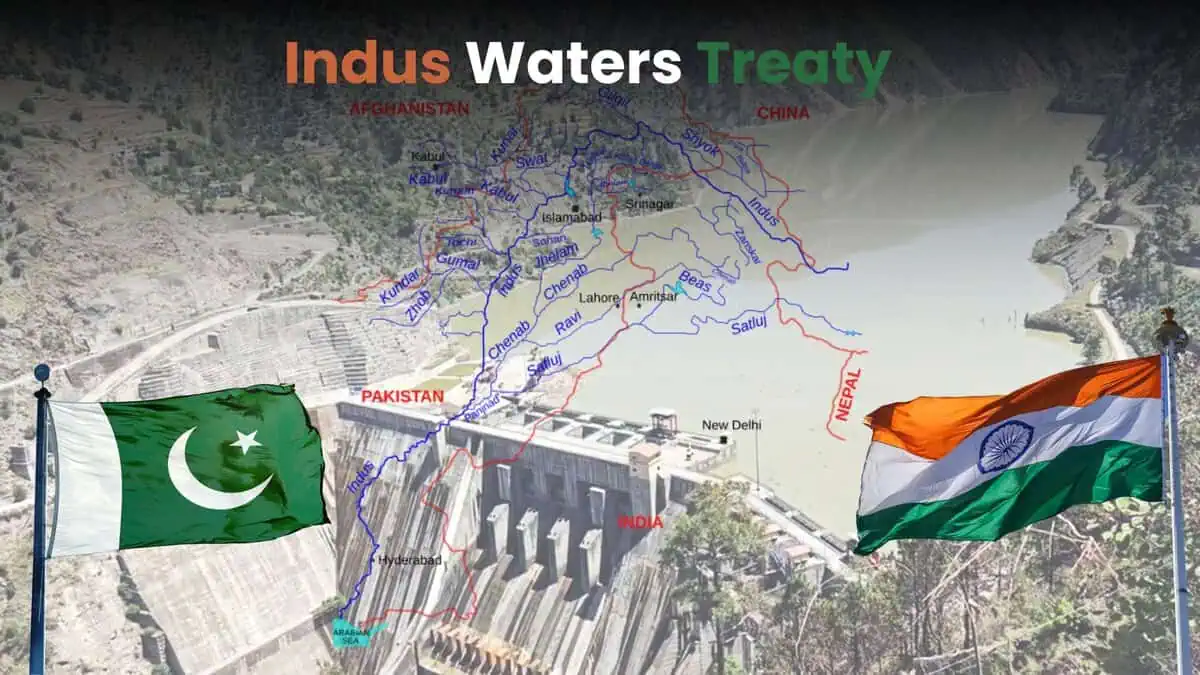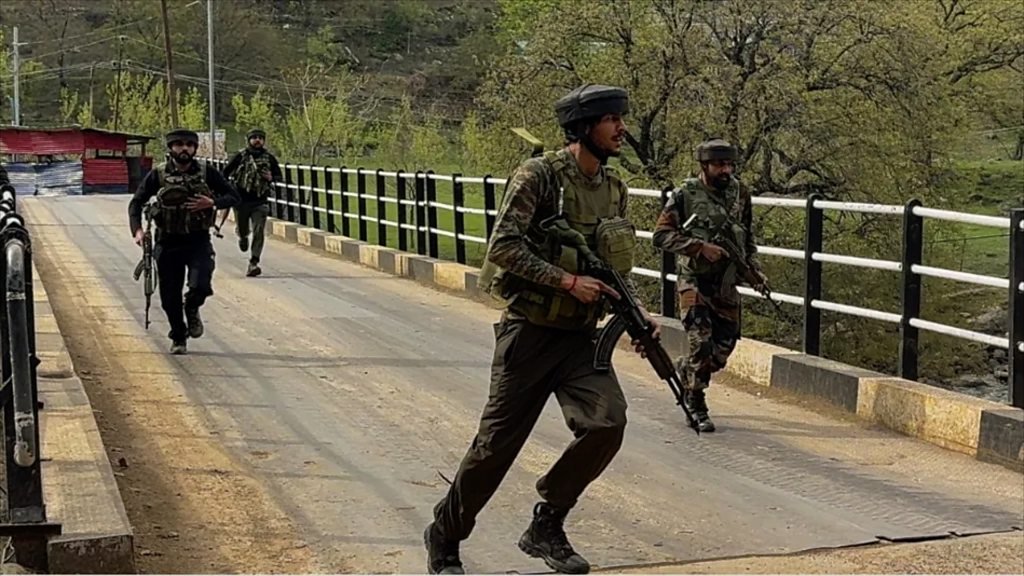India Suspends Indus Waters Treaty, Pakistan Closes Airspace: Diplomatic Tensions Soar After Pahalgam Attack

Fact Post | April 26, 2025
In the aftermath of the devastating Pahalgam terrorist attack that claimed 26 lives, diplomatic relations between India and Pakistan have reached a dangerous low. In a series of swift retaliatory moves, both nations have taken aggressive policy decisions that could reshape the region’s political and economic landscape.
India Suspends the Indus Waters Treaty
In a landmark decision on Friday, the Indian government announced the suspension of the Indus Waters Treaty, a historic water-sharing agreement brokered by the World Bank in 1960. This treaty has long been considered one of the few enduring symbols of cooperation between the two rival nations.
Under the agreement, India controls the eastern rivers (Ravi, Beas, Sutlej) while Pakistan controls the western rivers (Indus, Jhelum, Chenab). By suspending this treaty, India now holds significant leverage over Pakistan’s water security — a critical issue for the country’s agriculture and livelihoods.
What this means:
- Future water release to Pakistan may be regulated or stopped.
- India plans to fast-track dam and hydropower projects on the western rivers.
- Diplomatic experts warn this could spark fresh conflict in already tense relations.
🛂 India Revokes Pakistani Visas
Further tightening its stance, India revoked all active Pakistani visas and suspended visa issuance indefinitely. Pakistani nationals currently in India have been asked to leave within a specified time, while travel for cultural, business, and sporting events stands cancelled until further notice.
Impact:
- Cultural exchanges, business partnerships, and medical tourism take a hit.
- Sporting events, including cricket tournaments, face uncertain futures.
- Human rights groups have expressed concern over the humanitarian impact.
✈️ Pakistan Closes Its Airspace to Indian Airlines
In a direct response, Pakistan announced the closure of its airspace to Indian commercial airlines. All Indian carriers have been barred from flying over Pakistani territory, forcing them to reroute international flights, leading to longer travel times and increased operational costs.
Implications:
- Indian flights to Europe, Central Asia, and the Middle East face delays and higher fuel expenses.
- Pakistan has also suspended bilateral trade, further damaging economic ties already frail due to political hostility.
🌍 Regional and Global Reaction
The global community has reacted with caution, urging restraint and dialogue between the two nuclear-armed neighbors. The United Nations Security Council condemned the Pahalgam attack and emphasized the need for justice and diplomatic resolution.
International analysts fear these moves could destabilize regional peace efforts and affect South Asian economies at large.
📢 Conclusion: A Fragile Peace at Risk
The suspension of the Indus Waters Treaty, visa bans, and airspace closure mark one of the most serious diplomatic breakdowns between India and Pakistan in years. As both sides dig in, the stakes are dangerously high — not just for their governments, but for millions of civilians dependent on peace and stability in the region.
Fact Post will continue to provide ground updates and expert analysis as the situation unfolds.
Advertise with us and reach over 100K people across social media with impact. bijnorbreakingnews.com/advertise-with-us




